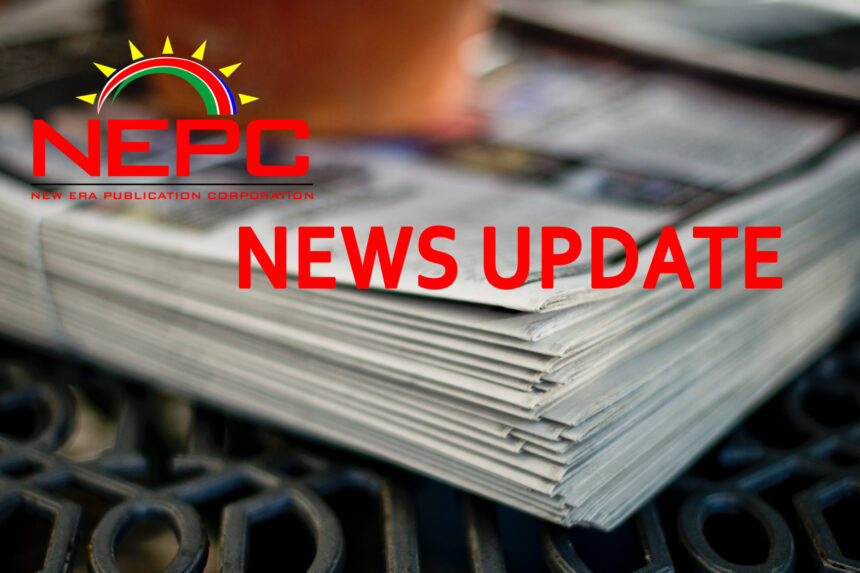LONDON – Global aviation’s biggest players gathered at the UK’s Farnborough airshow yesterday, as the aerospace industry struggles to keep up with demand. Some 75 000 visitors and 1 200 exhibitors are expected to attend the five-day event, southwest of London, at an airport that is usually used by private jets.
Held every two years, Farnborough is one of the industry’s biggest shows alongside Dubai and Paris, a chance for companies to show off their latest defence hardware or lower-emissions aircraft.
It is also traditionally a time for US aerospace giant Boeing and European rival Airbus to battle for the most multi-billion-dollar jet orders.
The two titans, however, are striving to fix production problems in order to fulfil orders for nearly 15 000 aircraft, a year-on-year increase of 18%.
“We have an incredibly strong backlog. We’re sold out until the end of this decade,” Stephanie Pope, the chief executive of Boeing Commercial Airplanes, said on the eve of the trade show.
Boeing has been mired in production problems and safety concerns since a fuselage panel blew out of a 737 MAX flown by Alaska Airlines in January, forcing the plane to make an emergency landing.
“We want to deliver safe and quality aircraft, predictably and on schedule,” Pope said.
“We are creating a culture of accountability that drives transformational changes so we can build safe and quality aircraft,” she added. In the first half of the year, Boeing delivered fewer of its best-sellers, the 737 MAX and 787 jets, than in the same period in 2023. As Boeing focuses on overcoming its quality control issues, the US group decided to not bring any commercial airplanes to Farnborough.
Airbus is leading the market, but is working to ramp up production.
After slowing production of the single-aisle A320 to 40 per month during the Covid pandemic, the European company plans to raise the monthly output to 75 in 2027 — a year later than originally announced.
“We face headwinds,” said Christian Scherer, head of Airbus’s commercial aircraft business, who announced a cost-cutting programme.
Airbus has faced supply chain woes, shortages, higher interest rates and problems recruiting staff.
“It’s not like it’s chaos, but you have some bottlenecks,” Scherer said. – Nampa/AFP


